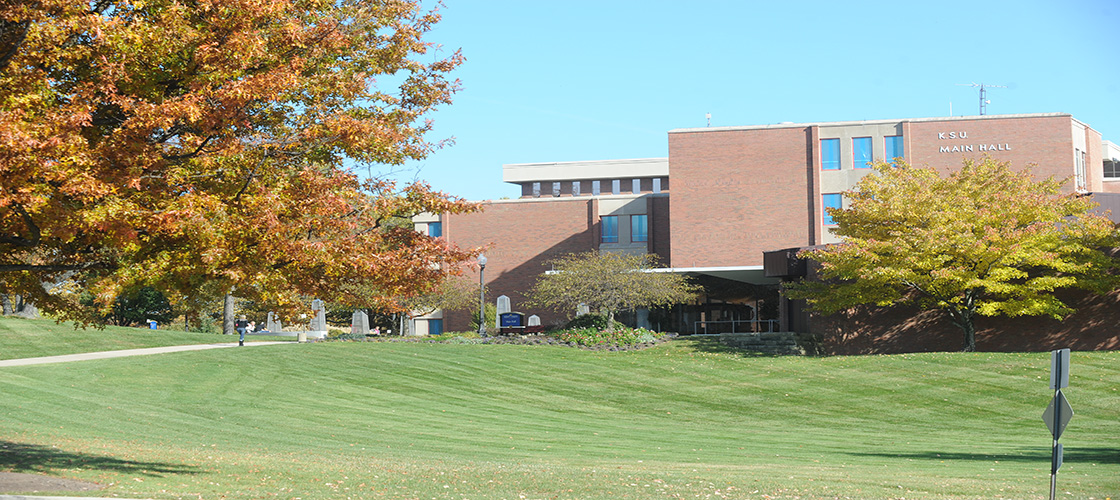
Kent State University at Stark
Intercultural/International Communication (graduate)
Intercultural Communication (undergraduate)
Gender & Communication
Interpersonal Communication
Interviewing
Nonverbal Communication
Small Group Communication
Introduction to Human Communication
Education is a nation’s investment in its citizens and its future. More specifically, education creates a learning community that facilitates human growth and maximizes human potential in intellectual development, professional knowledge, critical thinking skills, cultural sensitivity, and human relational competence. When education is done right, it is the greatest equalizer for all members of a society.
As a member of this community of learning, I believe that the first role of an educator is that of a partner with learners, a partnership built on mutual respect, responsibility, engagement and sharing in the teaching/learning process. The second role of an educator is that of a facilitator who creates ongoing dialogues in a supportive environment. This environment empowers learners by allowing them to take risks, make connections, understand relationships, and gain new insights into themselves and others. The third role is that of a mentor who offers valuable intellectual, emotional and technological support and guidance to enhance students’ learning experience. The fourth role of an educator is that of a challenger who encourages students to think innovatively and critically to become independent thinkers, and to challenge their own assumptions, beliefs and values. Finally, the role of an educator is that of a social justice activist who is committed to bringing about social awareness for such issues as oppression, social injustice, and discrimination on the basis of race, ethnicity, gender, class, education, age, and sexual orientation.
Education is as much about being as well as about becoming. This is true for both educators and for students. For educators, teaching and learning are on-going, and they take place both within and without the classroom. As educators, we have to be receptive and aware of what beliefs, views and life experiences our students bring into the classroom. With that understanding, we can work on what our students can become as we broaden their world by exposing them to diverse views, perspectives, and schools of thoughts. With all the good intentions to help our students learn, we have to heed to what Ralph Waldo Emerson once said—the secret of education is respecting the pupil. Being part of the learning community, educators and students are participants and collaborators in the learning process where all will interdependently gain knowledge and be enriched by the knowledge, insights, the life experiences, values, and skills of others.
There is no one single teaching methodology that can work well with all subject matters, as well as with diverse learners’ needs, goals, learning abilities and skills. However, all educators face same challenges when it comes to expecting more from students, motivating them to learn, and assisting them to do their best work. One thing important for me is to learn from constant student feedback. I am also a firm believer that students learn the best by collaborative, experiential, interdisciplinary, and team teaching approaches in a classroom culture that is interactive, invitational and participatory.